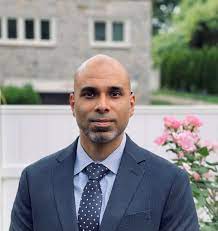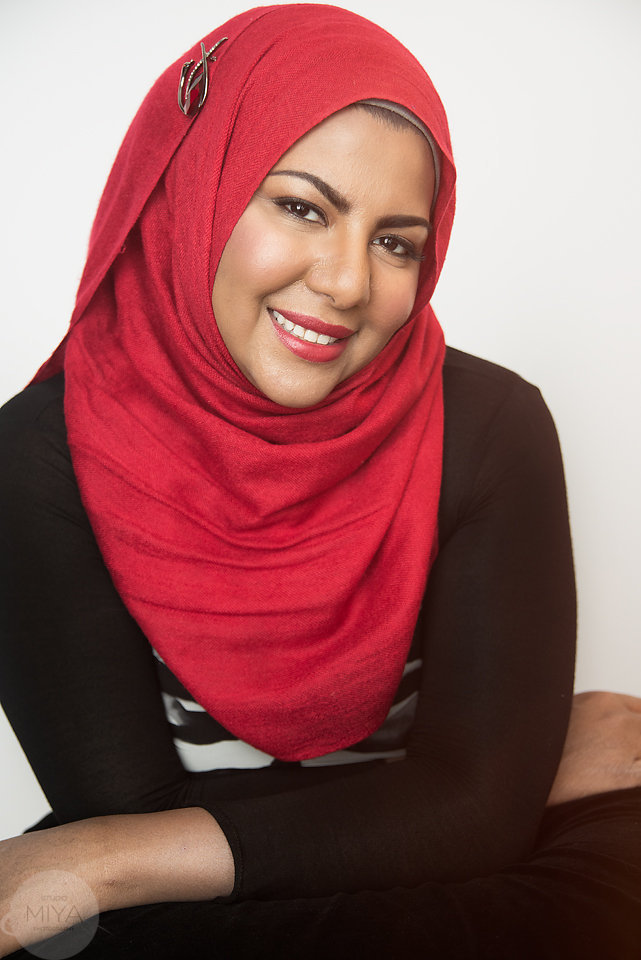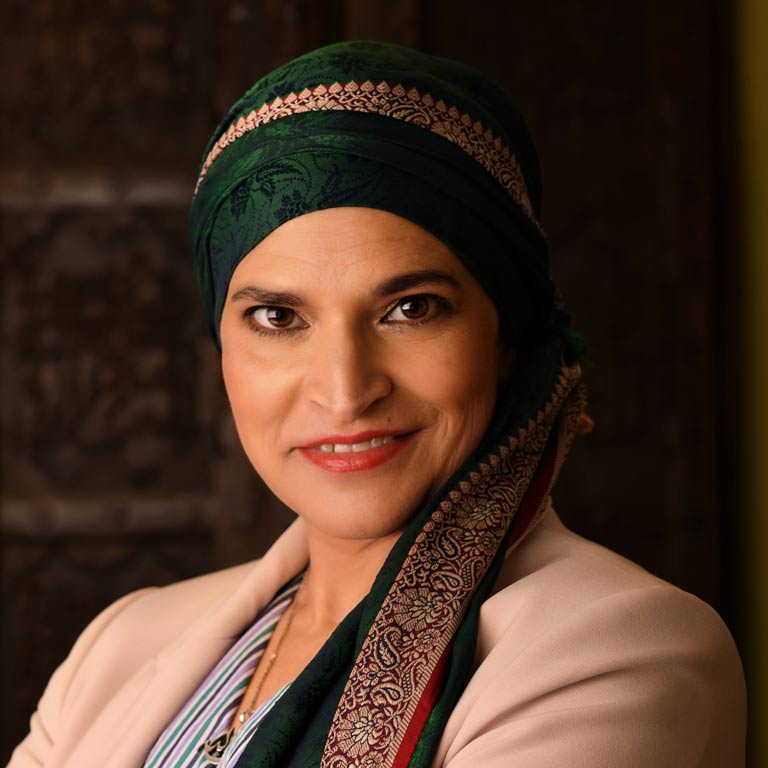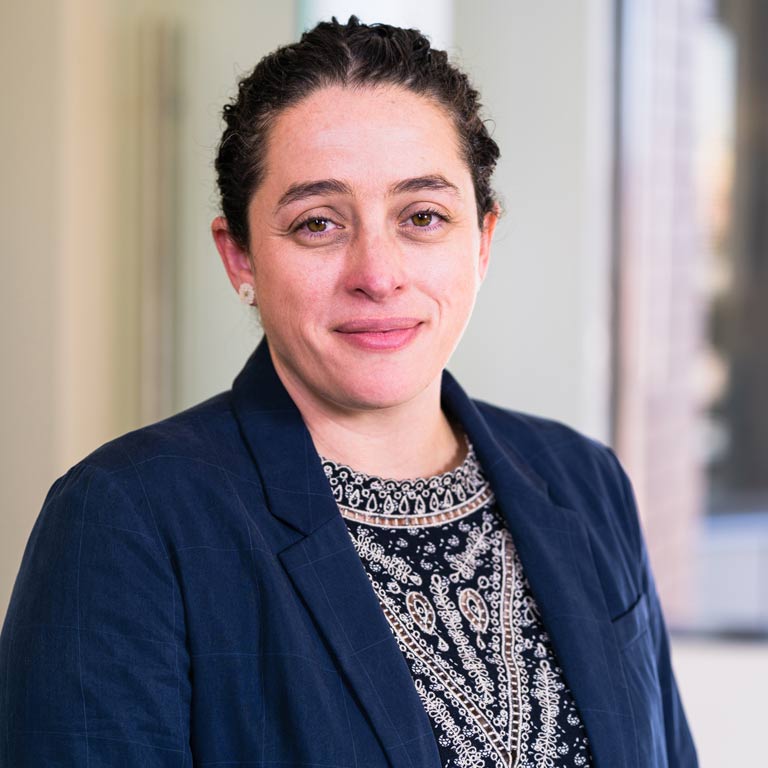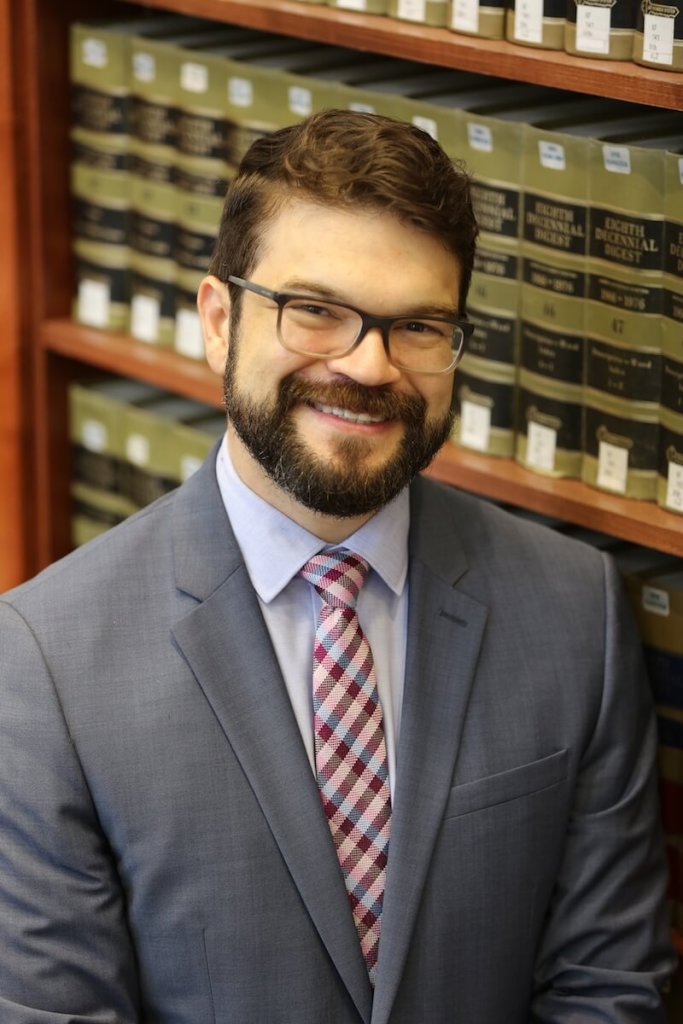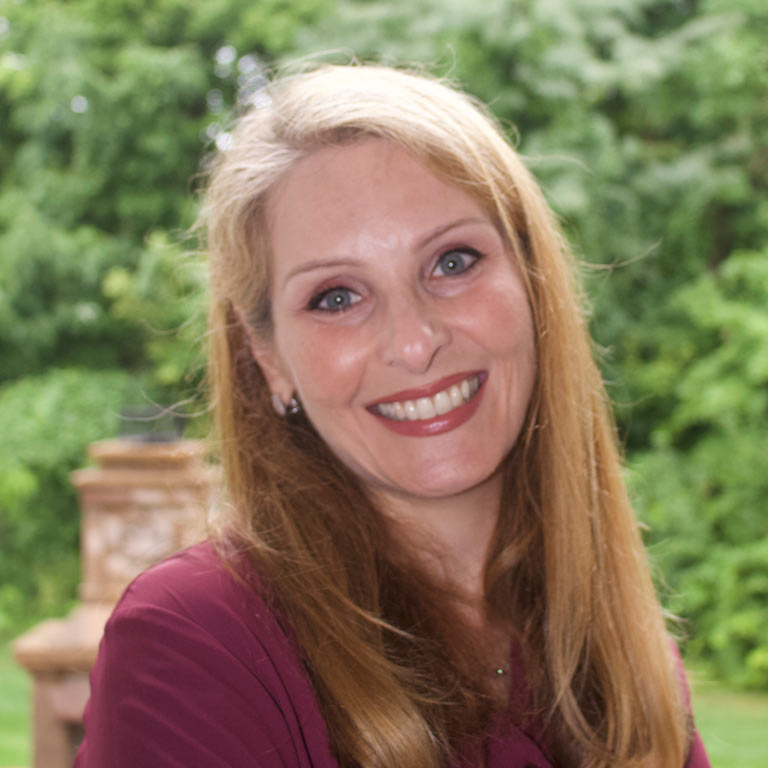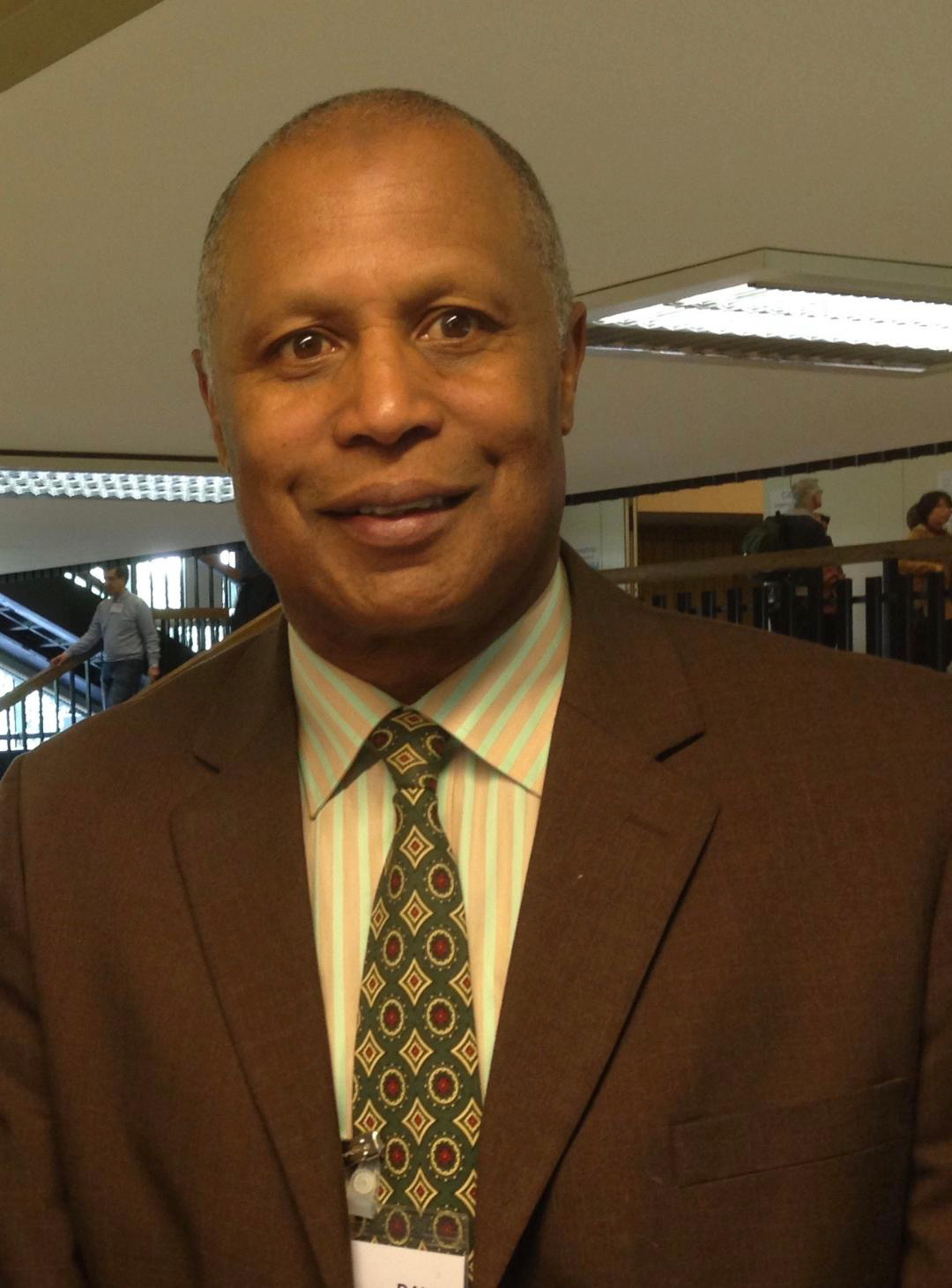Meet our team
Shariq Siddiqui JD PhD
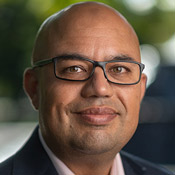 Shariq is assistant professor of philanthropic studies and director of the Muslim Philanthropy Initiative at the Indiana University Lilly Family School of Philanthropy. Shariq has a Ph.D. and M.A. in Philanthropic Studies from the Lilly Family School of Philanthropy. He also has a JD from the McKinney School of Law at Indiana University and holds a B.A. in History from the University of Indianapolis.
Shariq is assistant professor of philanthropic studies and director of the Muslim Philanthropy Initiative at the Indiana University Lilly Family School of Philanthropy. Shariq has a Ph.D. and M.A. in Philanthropic Studies from the Lilly Family School of Philanthropy. He also has a JD from the McKinney School of Law at Indiana University and holds a B.A. in History from the University of Indianapolis.
Shariq authors research on Muslim philanthropy and the Muslim nonprofit sector. Most recently, he conducted a national survey of full-time Islamic schools in the United States. This project resulted in the book (that he co-authored) Islamic Education in the United States and the Evolution of Muslim Nonprofit Institutions, published in November 2017.
Shariq also serves as the co-editor of the Journal of Muslim Philanthropy and Civil Society, Journal on Education in Muslim Societies, and as the series editor of the Muslim Philanthropy and Civil Society Book Series. All three are published by Indiana University Press.
He has served as a nonprofit practitioner for over 20 years for international, national, regional, and local nonprofit organizations. Previously, Shariq served as the executive director of Association for Research on Nonprofit Organizations and Voluntary Action (ARNOVA).
Afshan Paarlberg JD
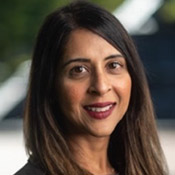 Afshan Paarlberg is a visiting assistant professor with the Indiana University Lilly Family School of Philanthropy. She is also pursuing her Ph.D. in philanthropic studies. Afshan’s research, publications, and practice focus on nonprofits, philanthropy, Muslim Americans, and forced migration.
Afshan Paarlberg is a visiting assistant professor with the Indiana University Lilly Family School of Philanthropy. She is also pursuing her Ph.D. in philanthropic studies. Afshan’s research, publications, and practice focus on nonprofits, philanthropy, Muslim Americans, and forced migration.
Afshan holds a JD from The University of Houston Law Center. She also has a B.A. with Honors in Middle Eastern Studies and a B.B.A. in Finance, both from The University of Texas at Austin. In 2020, she was an inaugural Fellow with the Zakat Foundation Institute, obtaining a graduate certificate in Muslim philanthropic and humanitarian studies.
Her legal experience includes designing and implementing access to justice legal projects as well as governance, risk, and compliance measures for domestic and international nonprofits. Afshan also practiced immigration law for several years.
She is a social justice advocate. In 2008 before the U.N. Committee on the Elimination of Racial Discrimination, Afshan co-authored and co-presented a report highlighting domestic discrimination faced by Muslim and Arab Americans.
Afshan enjoys giving back to her communities. She serves as the president of a statewide refugee resettlement agency, Exodus Refugee Immigration Inc. She is a board member of the Institute for Social Policy and Understanding and advisory board member to The Eiteljorg Museum of American Indians and Western Art and its diversity taskforce.
She further holds membership with the International Society of Third Sector Research, American Bar Association, National Association of Muslim Lawyers, and the Association of Nonprofit Organizations and Voluntary Action.
Sana Saleem JD
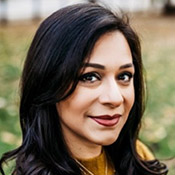 Sana Saleem is a visiting assistant clinical professor with the Indiana University Lilly Family School of Philanthropy. Born and raised in the suburbs of Dallas, Texas, Sana has a B.S. in Public Relations from The University of Texas at Austin with minors in Business and Spanish.
Sana Saleem is a visiting assistant clinical professor with the Indiana University Lilly Family School of Philanthropy. Born and raised in the suburbs of Dallas, Texas, Sana has a B.S. in Public Relations from The University of Texas at Austin with minors in Business and Spanish.
Sana went on to obtain her Juris Doctor from the University of Denver’s Sturm College of Law where she was the Candidacy Editor for the Denver University Law Review. She also participated in the Civil Litigation Clinic where she helped represent a client bringing a Title VII race discrimination case against a national retailer, and she completed an internship with the Executive Office for Immigration Review and an internship with the Equal Employment Opportunity Commission.
After successfully passing the Texas Bar Exam, Sana was a staff attorney with the Muslim Civil Liberties Union where she advised clients, filed an EEOC charge of discrimination, and pursued post-litigation torts against a federal prison. Sana is licensed in both Texas and Indiana, and practices in the areas of nonprofit law and labor and employment law.
Sana resides in Carmel, Indiana with her husband and three active young sons. She enjoys traveling, baking, and being outside with her kids.
Zeeshan Noor PhD
 Zeeshan Noor is a postdoctoral research fellow with the Indiana University Lilly Family School of Philanthropy. He holds a Ph.D. in Public Affairs degree offered by the Public and Nonprofit Management program at the University of Texas at Dallas.
Zeeshan Noor is a postdoctoral research fellow with the Indiana University Lilly Family School of Philanthropy. He holds a Ph.D. in Public Affairs degree offered by the Public and Nonprofit Management program at the University of Texas at Dallas.
His research is primarily focused on the use of digital media in the nonprofit sector and faith-based philanthropy. His other topics of interest include fundraising, human resource, and diversity management.
Dr. Noor serves as the Chair for the ARNOVA's Muslim Philanthropy and Civil Society Common Interest Group (MPCSCIG), Chair-Elect for ASPA's Section on Professional and Organizational Development (SPOD), and as a Co-Chair for the Annual ASPA Capstone Panel Committee. He will also be joining the Newsletter Committee for the ASPA’s Section on International Comparative Administration (SICA) for the 2021-2022 term.
Dr. Noor is a proud recipient of the 2021 ASPA SICA David Gould Scholar Award, 2020 ARNOVA Doctoral Fellowship, and 2019 ARNOVA Diversity Fellowship. He was also awarded the Doctoral Research Grant ($2,500) by the Center on Muslim Philanthropy and Young Muslim Scholars Development Grant ($1,500) by the Muslim Philanthropy Initiative, IU Indianapolis. In addition, he received the 2021 Wallace O. Keene Conference Scholarship and 2018 WSSA-Travel Enrichment Experience Scholarship.
Dr. Noor was inducted into the Pi Alpha Alpha Honor Society as a lifetime member in 2015 by the National Association of Schools of Public Affairs and Administration (NASPAA).
Ifeoma Akobi, Graduate Assistant, Lilly Family School of Philanthropy
 Ifeoma Akobi is a second-year M.A. student of philanthropic studies and a graduate assistant at the Lilly Family School of Philanthropy. She is also the Presidential Fellow for Advancement at the Benjamin Harrison Presidential Site.
Ifeoma Akobi is a second-year M.A. student of philanthropic studies and a graduate assistant at the Lilly Family School of Philanthropy. She is also the Presidential Fellow for Advancement at the Benjamin Harrison Presidential Site.
Prior to joining the school, she received a bachelor’s degree in pharmacy and worked as a public health pharmacist overseeing the Prevention of Mother to Child Transmission of HIV/AIDS program, and the implementation of the Nigerian Government’s National Drug Distribution Guidelines.
She is passionate about deploying philanthropy as a tool for visionary leadership, economic development, and systemic change. This is evident in her academic pursuits as well as her philanthropic work with the Colombia Club, Spirit of Life Church Indianapolis, and the Gleaners Food Bank of Indiana. She enjoys writing poetry, composing songs, and sharing her creative works. She was also awarded the first prize for the 2021 Mission Possible 5x5 Competition and she is an active member of the Lilly Family School of Philanthropy Mission and Vision Strategy Team.
Amal Siddiqui, Undergraduate Intern, DePauw University
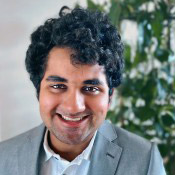 Amal Siddiqui is an undergraduate intern with The Ihsan Standard. He is currently a double major at DePauw University studying Hispanic Studies and Political Science. Amal plans to sit for the LSAT soon with the hopes of attending law school after graduation. He would love to pursue a career as a corporate lawyer.
Amal Siddiqui is an undergraduate intern with The Ihsan Standard. He is currently a double major at DePauw University studying Hispanic Studies and Political Science. Amal plans to sit for the LSAT soon with the hopes of attending law school after graduation. He would love to pursue a career as a corporate lawyer.
Amal has been volunteering since he was young; with various Islamic organizations, holding events at the local mosque, and volunteering and leading events in high school and college.



 Shariq is assistant professor of philanthropic studies and director of the Muslim Philanthropy Initiative at the Indiana University Lilly Family School of Philanthropy. Shariq has a Ph.D. and M.A. in Philanthropic Studies from the Lilly Family School of Philanthropy. He also has a JD from the McKinney School of Law at Indiana University and holds a B.A. in History from the University of Indianapolis.
Shariq is assistant professor of philanthropic studies and director of the Muslim Philanthropy Initiative at the Indiana University Lilly Family School of Philanthropy. Shariq has a Ph.D. and M.A. in Philanthropic Studies from the Lilly Family School of Philanthropy. He also has a JD from the McKinney School of Law at Indiana University and holds a B.A. in History from the University of Indianapolis. Afshan Paarlberg is a visiting assistant professor with the Indiana University Lilly Family School of Philanthropy. She is also pursuing her Ph.D. in philanthropic studies. Afshan’s research, publications, and practice focus on nonprofits, philanthropy, Muslim Americans, and forced migration.
Afshan Paarlberg is a visiting assistant professor with the Indiana University Lilly Family School of Philanthropy. She is also pursuing her Ph.D. in philanthropic studies. Afshan’s research, publications, and practice focus on nonprofits, philanthropy, Muslim Americans, and forced migration.  Sana Saleem is a visiting assistant clinical professor with the Indiana University Lilly Family School of Philanthropy. Born and raised in the suburbs of Dallas, Texas, Sana has a B.S. in Public Relations from The University of Texas at Austin with minors in Business and Spanish.
Sana Saleem is a visiting assistant clinical professor with the Indiana University Lilly Family School of Philanthropy. Born and raised in the suburbs of Dallas, Texas, Sana has a B.S. in Public Relations from The University of Texas at Austin with minors in Business and Spanish. Zeeshan Noor is a postdoctoral research fellow with the Indiana University Lilly Family School of Philanthropy. He holds a Ph.D. in Public Affairs degree offered by the Public and Nonprofit Management program at the University of Texas at Dallas.
Zeeshan Noor is a postdoctoral research fellow with the Indiana University Lilly Family School of Philanthropy. He holds a Ph.D. in Public Affairs degree offered by the Public and Nonprofit Management program at the University of Texas at Dallas. Ifeoma Akobi is a second-year M.A. student of philanthropic studies and a graduate assistant at the Lilly Family School of Philanthropy. She is also the Presidential Fellow for Advancement at the Benjamin Harrison Presidential Site.
Ifeoma Akobi is a second-year M.A. student of philanthropic studies and a graduate assistant at the Lilly Family School of Philanthropy. She is also the Presidential Fellow for Advancement at the Benjamin Harrison Presidential Site. Amal Siddiqui is an undergraduate intern with The Ihsan Standard. He is currently a double major at DePauw University studying Hispanic Studies and Political Science. Amal plans to sit for the LSAT soon with the hopes of attending law school after graduation. He would love to pursue a career as a corporate lawyer.
Amal Siddiqui is an undergraduate intern with The Ihsan Standard. He is currently a double major at DePauw University studying Hispanic Studies and Political Science. Amal plans to sit for the LSAT soon with the hopes of attending law school after graduation. He would love to pursue a career as a corporate lawyer.